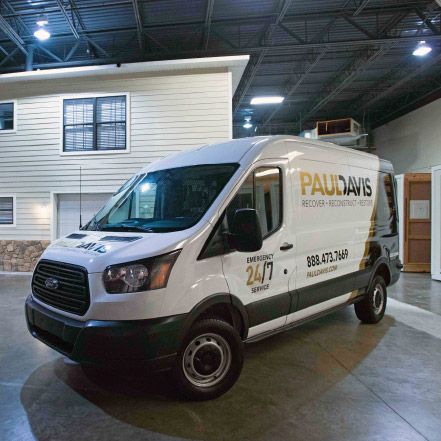
By 2031, the global disaster restoration services market is expected to exceed $98 billion, according to a report by Fatpos Global Private Limited, a market research company. By Brianna Bohn
By 2031, the global disaster restoration services market is expected to exceed $98 billion, according to a report by Fatpos Global Private Limited, a market research company. Root causes include the advancing age of homes and other facilities, as well as an increase of natural disasters. Thanks to Paul Davis Restoration, a leader in property damage restoration in the U.S. and Canada, residential and commercial property owners can address these problems with a sense of calm and confidence, having their properties cleaned up and repaired by certified, qualified professionals in no time.
The essential business, which brings 57 years of trusted experience to a booming industry, has over 340 locations that are averaging sales of more than $5 million. John Conway, director of franchise development at Paul Davis Restoration, explained the company’s recipe for success.
“We’re selective about the franchisees we bring into the family, and we have a lot of different types of support. The first support franchise experience is Launch, our training program, which lasts for three years,” Conway said.
Because of the brand’s cutting-edge training program, franchisees have a quick ramp-up and are catapulted to what Conway calls “unlimited potential.” Throughout Launch, franchisees are assigned three specialists: one who guides them from startup through 12 months, a second who provides assistance to the end of their second year, and a third through their third year. Each specialist targets the franchisee’s needs, creating a growth plan.
“By their 12th month, our franchisees are hitting $1.2 million or greater in sales. In year two, the target is $3 million, and in year three, it is $5 million. Our largest franchisee did $54 million in 2022. For people looking to build large businesses, you can do it with one territory,” Conway said.
With comprehensive training and support, franchisees do not need prior experience in the restoration industry to be successful. In fact, the brand welcomes professionals of varied backgrounds and consistently is updating its methods to provide the best support possible.
“Even though the program works really well, one of our values is ‘practice continuous improvement.’ We’re always looking to improve,” Conway said.
Brianna Bohn

